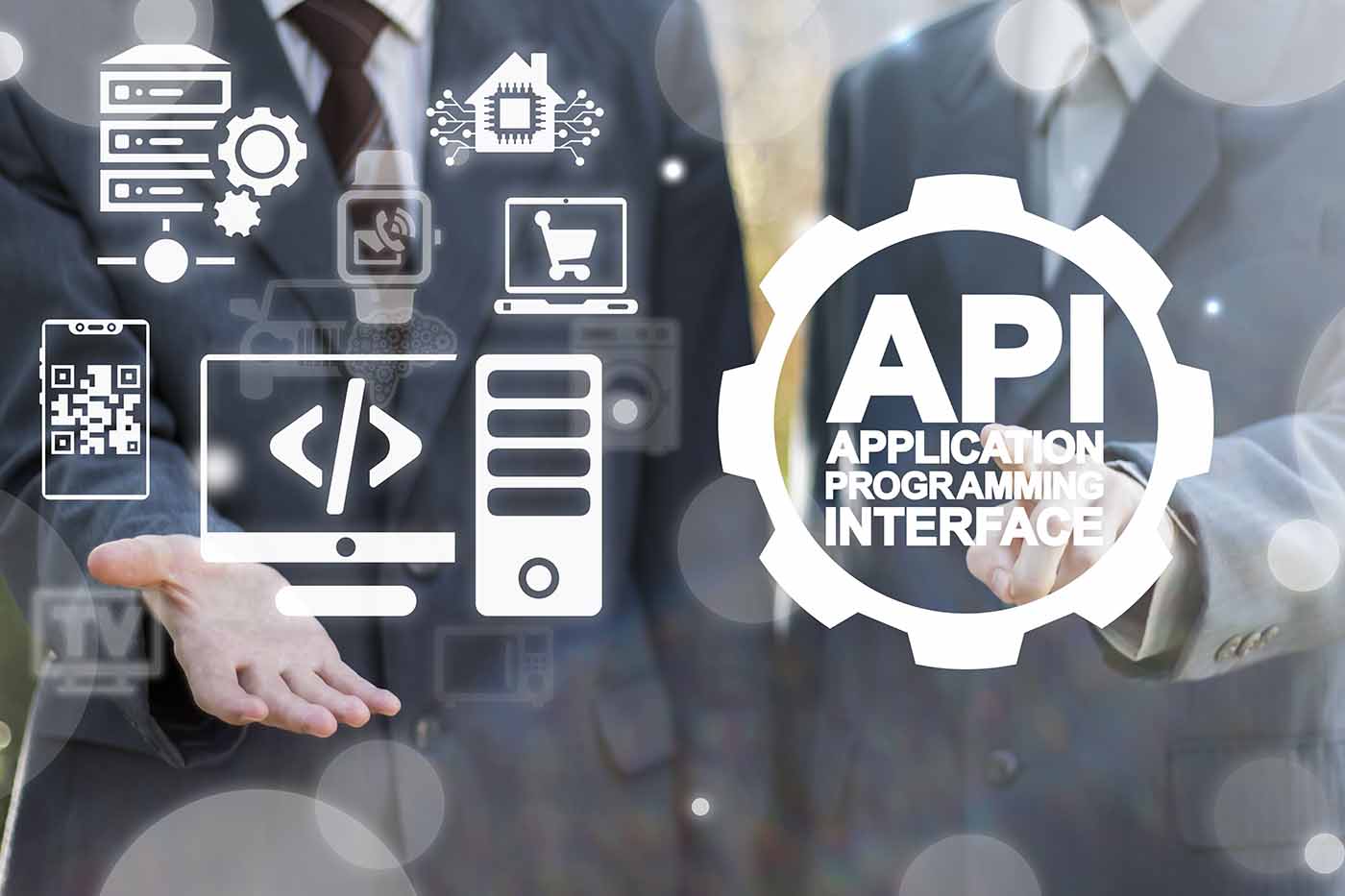Multi-form API Management: Is it an API or isn't it?
If developer socialization of APIs is of great value, why limit API Management mainly to RESTful interfaces that subscribe to the OpenAPI spec? IBM’s Tony Curcio shares how socialization also helps other interface types, and introduces us to Multi-form API Management.
by Tony Curcio, Director of Product Management, IBM Automation
Tags: API Management, developer, endpoint management, IBM, interfaces, OpanAPI, REST,

director of product management, IBM Automation

"Think about how much more effective your teams can be if they had one place to go and find your curated set of reusable and authoritative services. This is a tremendous accelerator."
 Integration Powers Digital Transformation for APIs, Apps, Data & Cloud
Integration Powers Digital Transformation for APIs, Apps, Data & CloudAugust 26, 2021
Security is “king” when it comes to API Management. We’ve known that for a long time.
All of the feedback we receive from customers and from the analysts confirms that security continues to be the #1 reason that organizations bring API Management into their organization.
Ensuring that you have a secure foundation for how anyone can access your APIs is paramount to your business success. That will always be the case.
But, there is another side to the story of why organizations adopt API Management technology. It has to do with socialization … making sure that the developer network that I rely on can easily find, understand and use these APIs.
If you haven’t yet started rolling out an API Management program, then just think about how much more effective your teams can be if they had one place to go in order to find your curated set of reusable and authoritative services. This is a tremendous accelerator – both for your internal development teams, as well as for your business partner ecosystem that you want building around your business.
This then brings me to the point of the post.
If socialization of APIs is a great value itself, then why is traditional API Management so singularly focused on only RESTful interfaces that subscribe to the OpenAPI spec? Surely there are other interface types that would also benefit from socialization within my development community. Aren’t there?
You probably already guessed the answer to that question… of course there are.
If we go back in time we will see clear evidences of this within many of the API Management technologies when it comes to support for SOAP. However, that had often been positioned as necessary since “you had to bridge out of the old SOA world”, rather than suggest that any other interface type can be as strategic as OAI for your organization.
Don’t get me wrong… OAI is WONDERFUL. It has been a tremendous accelerator and rallying point for the industry over the past 5+ years. But, to be honest – it’s not the only strategic game in town.
Multi-form API Management – Extending Full-Lifecycle API Management
This brings me to Multi-form API Management which is “extending Full-Lifecycle API Management software so that organizations can create, manage, secure and socialize a broad set of technology endpoints.”
You may now be asking does my organization really need to be concerned about managing endpoints beyond just REST OAI interfaces? For many organizations the answer to that question is a resounding “yes”.
The landscape about how developers are interacting with your company’s data and process assets continues to change.

One of the most obvious examples of that is GraphQL. GraphQL is a great accelerator to how API consumers can get a diverse set of information quickly. For instance, if I wanted to get a customer name and phone number in a traditional RESTful way of working, I likely would have needed to make two calls … one to the getCustomer and another to the getCustomerContact API.
With GraphQL, I can instead make one call that issues a query and returns a combined result. Many organizations who have started to value the power of GraphQL are rolling that out alongside their existing API Management programs. In these cases, would they put up a different developer portal than their existing one? Of course not.
These endpoints should be managed and socialized in a way to accelerate customer adoption.
OK, so we have OAI and SOAP. Now we’ve added GraphQL.
Surely that can’t be all… can it?
Over the past year we have been working with many customers who are adopting Kafka. While they recognize teams can easily get content into it, what they find challenging is having other departments start to use it.
The key reason for that is “lack of visibility”. Other developers simply don’t know what has become available and the value it may have to accelerate their new event-driven solutions. This is a problem that API Management is very adept at solving via its developer portal capabilities.
That’s where Event Endpoint Management comes in.
Event Endpoint Management – The Next Step in Socializing APIs
Event Endpoint Management (EMM) provides the capability to describe and catalog the APIs of Kafka event sources, and to socialize those APIs with application developers.
As such, it brings the benefits of Multi-form API Management to the Kafka community. EMM expands API Management functionality to provide organizations with the ability to easily register their Kafka topics - along with their related schemas - and make them easily discoverable to developers across their organization. It takes advantage of AsyncAPI as a standard to harmonize the definition of the endpoint since it is so closely aligned to OpenAPI. This allows developers to find, understand and test these APIs just as they would any other, providing a tremendous accelerator for all agile teams.
So ... OAI, SOAP, GraphQL, and now Kafka.... are they all APIs ? We think "yes".
And, it’s really just the beginning of the exciting possibilities on tap for EEM and Multi-form API Management.
Tony Curcio is Director of Product Management at IBM Automation For the past 20 years, Tony has been focused on helping organizations leverage data and application integration technologies to maximize the impact of their digital assets to fuel business transformation. His latest focus is Event Endpoint Management. To learn more, email Tony at tcurcio@us.ibm.com.
Related:
- Tray Advantage Program To Speed, Simplify AI-Powered Automation for Enterprises
- Removing Barriers to Business by Enabling Agility & Control with Ecosystem Integration
- 98% of Enterprises Struggle To Maintain, Rebuild Integrations for Key Business Apps
- ThreatX Adds API Visibility, Protection Capabilities To Defend Against Real-Time Attacks
- Visibility and Transparency are Climbing the List of C-Suite Priorities in 2022
All rights reserved © 2025 Enterprise Integration News, Inc.


